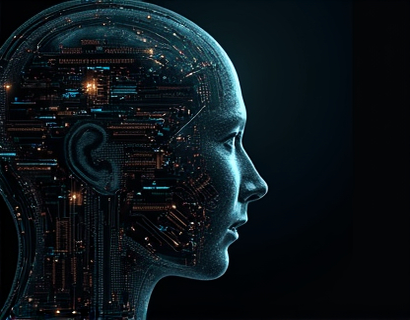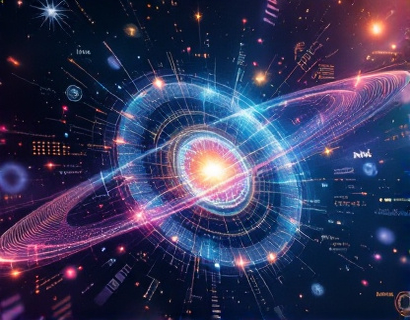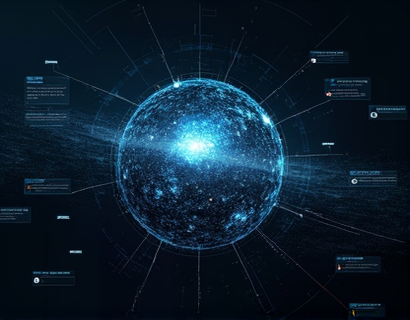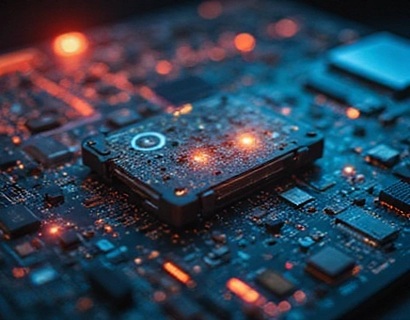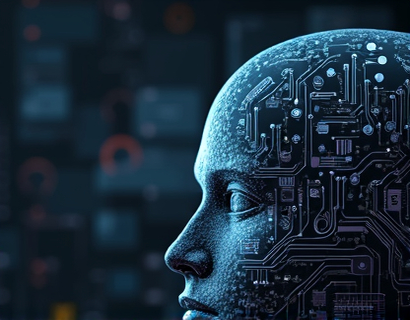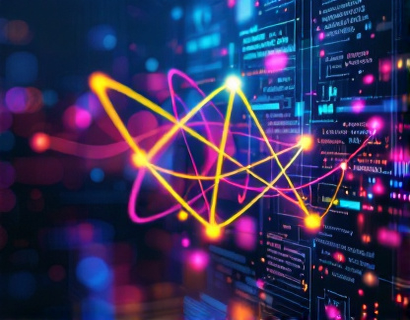Augmenting the Tournament Experience with AI-Powered Chat
The landscape of sports and gaming tournaments is rapidly evolving, driven by technological advancements and the growing demand for immersive fan experiences. One of the most significant innovations in this space is the integration of AI-powered chat interfaces. These intelligent chat systems are transforming the way fans, players, and followers interact with tournaments, offering real-time insights, personalized conversations, and a sense of community that was previously unattainable. This article delves into the multifaceted benefits of AI-powered chat in tournament settings, exploring how it can elevate the overall experience for all participants.
Real-Time Insights and Updates
One of the primary advantages of AI-powered chat interfaces is their ability to provide real-time insights and updates. During a tournament, fans are often eager to stay informed about the latest scores, player statistics, and game-changing moments. Traditional methods of updating fans, such as periodic announcements or static websites, can be outdated and inefficient. AI chat systems, however, can continuously feed users with the most current information, ensuring that no fan misses a beat. This constant flow of data keeps the audience engaged and informed, enhancing their overall experience.
For instance, an AI chatbot can automatically pull data from various sources, including live streams, official scores, and social media feeds, to compile a comprehensive update. Fans can ask the chatbot specific questions, such as "What is the current score?" or "Who leads the tournament?" and receive instant responses. This level of immediacy not only satisfies the audience's hunger for real-time information but also builds trust in the platform, as users can rely on the chatbot for accurate and timely updates.
Personalized Interactions and Recommendations
AI-powered chat interfaces are not just about disseminating information; they are also designed to create personalized interactions. By leveraging machine learning algorithms, these chatbots can understand user preferences and tailor their responses accordingly. For example, a fan who frequently follows a particular player or team can receive customized updates, highlights, and news related to their interests. This personalization enhances the user experience, making the platform feel more like a dedicated fan service rather than a generic information source.
Moreover, AI chatbots can offer personalized recommendations based on user behavior. If a user has shown a keen interest in a specific type of tournament or a particular sport, the chatbot can suggest upcoming events, similar players, or related content. This level of personalization not only keeps users engaged but also encourages them to explore new aspects of the tournament ecosystem, potentially increasing their overall satisfaction and loyalty to the platform.
Enhanced Community Engagement
One of the most transformative aspects of AI-powered chat interfaces is their ability to foster a vibrant community around tournaments. In the past, fans often felt isolated in their enthusiasm, with limited opportunities to connect with like-minded individuals. AI chatbots can bridge this gap by facilitating meaningful interactions among fans, players, and followers.
For example, a chatbot can create virtual discussion groups where fans can share their thoughts, predictions, and reactions to ongoing matches. These groups can be organized by team, player, or even specific game moments, allowing users to join conversations that resonate with their interests. The AI can monitor these discussions, ensuring they remain respectful and on-topic, and can even introduce users to others with similar interests, helping to expand their social network within the community.
Additionally, AI chatbots can host live Q&A sessions with players, coaches, or sports analysts, giving fans a unique opportunity to interact directly with their idols. These sessions can be promoted through the chat platform, increasing participation and creating memorable experiences for all involved. The chatbot can also manage polls and surveys, gathering fan opinions on various aspects of the tournament, from player performances to potential matchups. This not only engages the community but also provides valuable feedback for tournament organizers.
Seamless Integration and Accessibility
The seamless integration of AI-powered chat interfaces into existing tournament platforms is another key benefit. These chatbots can be easily embedded into websites, mobile apps, and social media channels, ensuring that users can access the enhanced experience across multiple platforms. This flexibility is crucial, as fans often consume content through various devices and channels.
Accessibility is also a significant consideration. AI chatbots can be designed to support multiple languages, making the platform more inclusive for international fans. Additionally, voice-activated interactions can cater to users who prefer hands-free communication, further enhancing the user experience. By removing barriers to access, AI-powered chat interfaces ensure that the tournament experience is enjoyable and accessible to a broader audience.
Data-Driven Insights for Tournament Organizers
While AI-powered chat interfaces primarily benefit fans and participants, they also provide valuable insights for tournament organizers. By analyzing user interactions, chatbot conversations, and community feedback, organizers can gain a deeper understanding of fan preferences and behaviors. This data can inform decisions on event scheduling, content creation, and marketing strategies, ultimately leading to more successful and engaging tournaments.
For instance, if the chat data indicates a high level of interest in a particular type of match or player, organizers can adjust future events to include more of these elements. They can also identify gaps in the current offering and address them proactively. This data-driven approach not only enhances the fan experience but also optimizes the overall efficiency and profitability of the tournament.
Challenges and Considerations
Despite the numerous benefits, the implementation of AI-powered chat interfaces in tournament settings is not without challenges. One of the primary concerns is ensuring the accuracy and reliability of the information provided by the chatbot. Misinformation can quickly spread in real-time, leading to confusion and frustration among users. To mitigate this risk, it is essential to rigorously test and validate the data sources and algorithms used by the chatbot.
Another consideration is user privacy and data security. Chatbots often handle sensitive information, such as user preferences and personal data. Ensuring that this information is stored securely and used ethically is paramount. Transparent privacy policies and compliance with relevant data protection regulations are essential to build and maintain user trust.
Technical challenges, such as ensuring smooth integration with existing systems and maintaining high performance during peak usage times, also need to be addressed. Scalability is crucial, as the number of users can fluctuate significantly during different stages of the tournament. Robust infrastructure and continuous monitoring are necessary to handle these variations without compromising the user experience.
Future Trends and Innovations
The future of AI-powered chat interfaces in tournaments is promising, with several emerging trends and innovations on the horizon. One such trend is the integration of natural language processing (NLP) to enhance the chatbot's understanding of user queries and context. This will enable more nuanced and natural conversations, making the interaction feel more human-like and intuitive.
Another exciting development is the incorporation of augmented reality (AR) and virtual reality (VR) elements into chat interactions. Imagine fans being able to visualize 3D replays or interact with virtual representations of players and venues through their chat conversations. This fusion of AI and immersive technologies can create unprecedented levels of engagement and immersion.
Furthermore, the use of sentiment analysis can help chatbots gauge the emotional tone of user interactions, allowing for more empathetic and context-aware responses. This can be particularly useful in managing fan emotions during high-stakes moments or in handling negative feedback constructively.
As AI technology continues to advance, we can expect even more sophisticated and personalized chat experiences. The key will be to balance innovation with user needs, ensuring that the technology serves to enhance the tournament experience without overwhelming or alienating users.
Conclusion
AI-powered chat interfaces represent a significant leap forward in enhancing the tournament experience for fans, players, and followers. By providing real-time insights, personalized interactions, and a sense of community, these chatbots are transforming the way people engage with tournaments. While there are challenges to overcome, the potential benefits are substantial, offering a more connected, informative, and enjoyable experience for all participants. As the technology continues to evolve, the future of tournament engagement looks brighter and more interactive than ever before.





